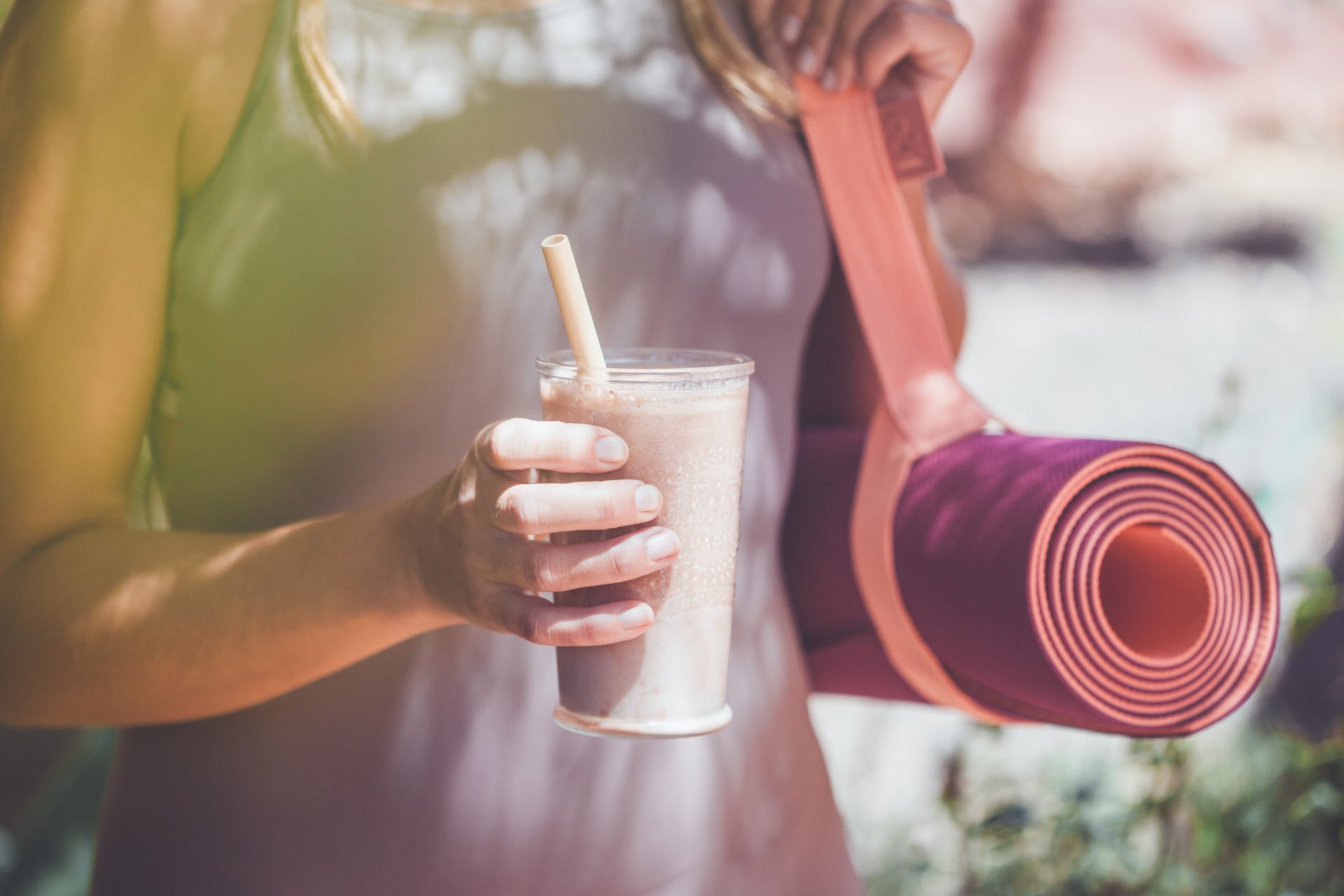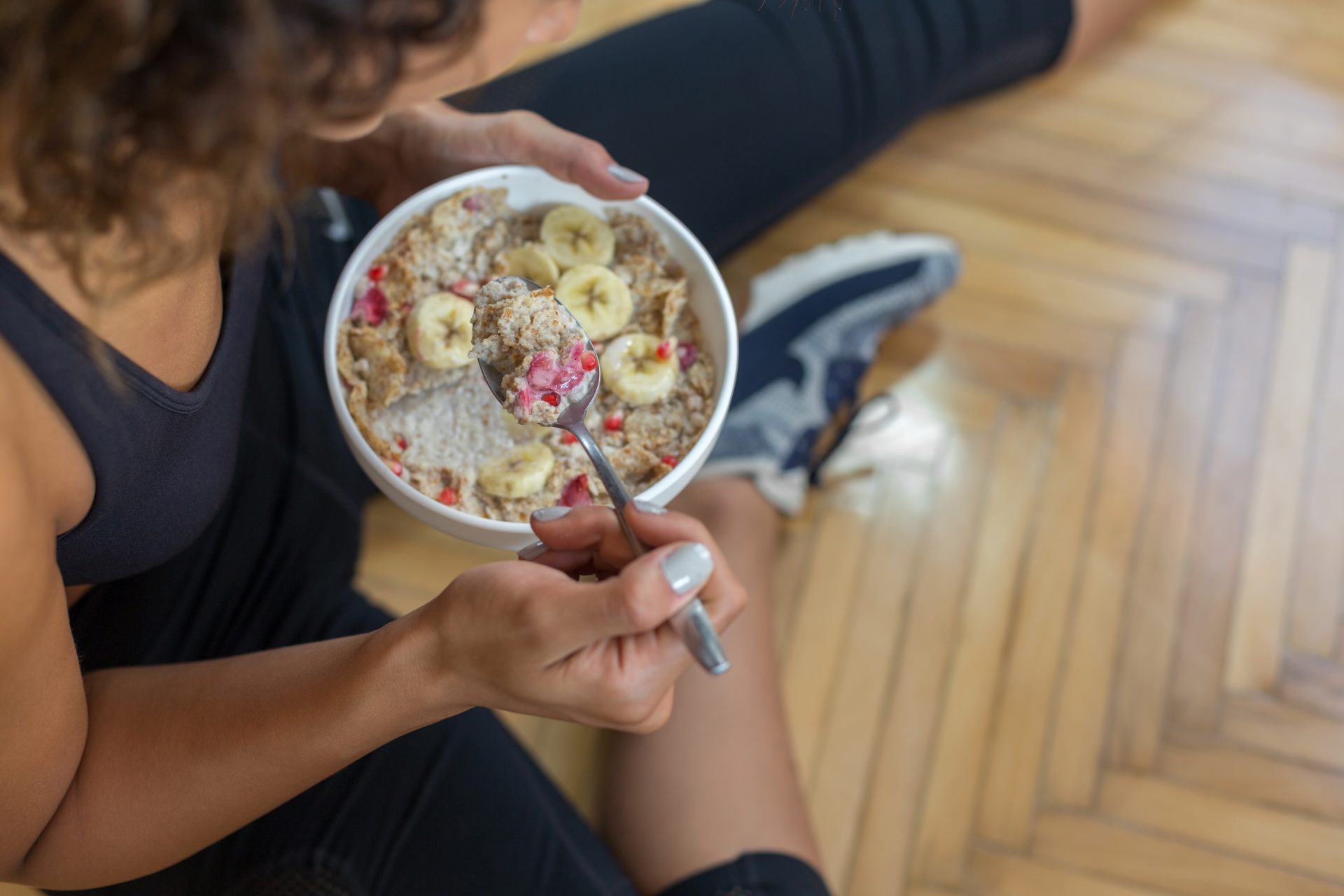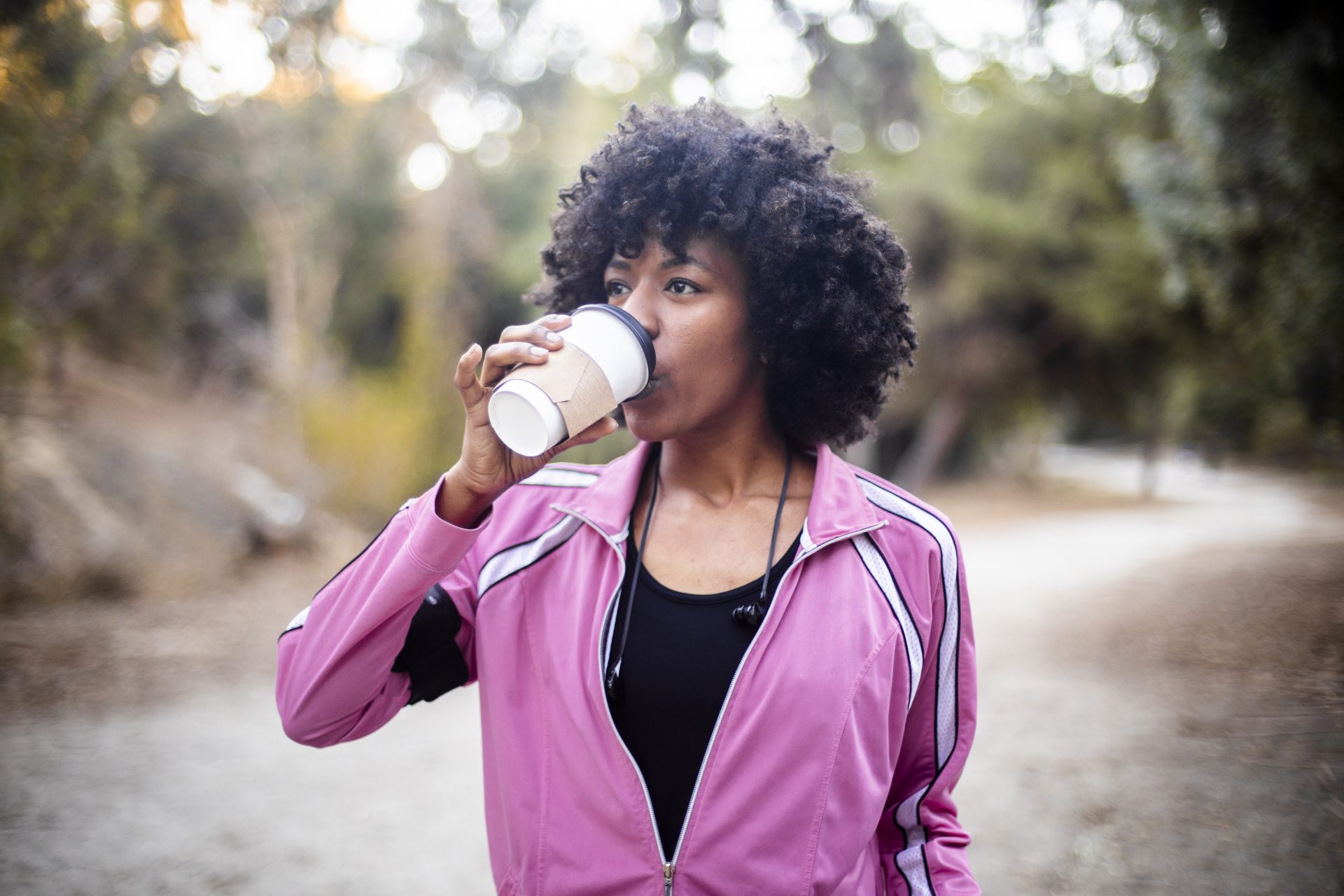What is protein coffee? As the “proffee” trend takes TikTok by storm, we asked nutritionists and dieticians if it’s something we’re missing…
Don’t get us wrong, we love a good coffee trend. Whether it’s the Dalgona coffees of (what literally feels like) yesteryear, or iced lattes a million ways – as long as it contains that sweet, caffeinated nectar of the Gods, we’re into it.
But there’s one recent coffee trend that’s popped up from (you guessed it) TikTok that has us scratching our heads.
You may also like
Iced coffee recipes to make at home, from chocolatey mochas to a frozen Dalgona
Protein coffee – also known as “proffee,” obvs – is the simple combination of an espresso and a protein shake.
At the time of writing, TikToks for #proteincoffee have been viewed almost 17 million times. #Proffee has barely scraped a quarter of a million, but then some portmanteaus never do catch on.
Dip into the hashtag and you’ll generally see someone driving to their local Starbucks drive-through to pick up a triple espresso in a big cup of ice, then adding in some syrup and emptying a carton of ready-made protein shake in there.
In the States, the shake of choice appears to be Premier Protein, and the espresso almost exclusively Starbucks, which makes this writer wonder if there are some TikTok paid-for partnerships at play.
Either way, creators in the fitness TikTok space are heralding it as their new fav, either as an easy way of getting in some extra protein, or a tasty alternative to their favourite frappuccinos. It’s such a simple idea, we wondered why we hadn’t thought of it before…

But then again, why would we? “Couldn’t you just have a coffee before your workout and a protein shake after?” asked one editor in the Stylist (virtual) office.
“Yeah, but what about if you’re doing an early morning workout and want to quickly get your protein in with a second caffeine hit before work?” replied another.
Both are very valid questions, we feel. So let’s get some answers from some registered dieticians and nutritionists…
You may also like
Should you have protein before or after a workout?
Help! Why is protein coffee happening?
“I don’t know!” cries registered dietician Catherine Rabess. “I’m assuming that some influencer or someone with a bit of clout has probably done it and felt it’s been amazing for them. Things like that can then have a kind of snowball effect.”
“I just think the whole thing is a complete marketing ploy,” adds Toral Shah, nutritional scientist and founder of The Urban Kitchen. “There’s absolutely no reason why anyone would need to have it.”
This writer admits to having tried protein coffee before, by way of chucking an espresso into a chocolate protein shake while rushing from a morning gym session to starting work. It got the job done of delivering caffeine and protein in one, and actually tasted pretty good, so we can see why people are thinking it’s a good idea.
You may also like
How much coffee is too much coffee? A nutritionist explains caffeine intake
Is protein coffee good for you?
“There’s no problem with it from a nutritional perspective,” says Toral, “but I just don’t think that it’s necessarily the best thing. Food is so much more than fuel and nutrients; it’s also about taste and culture. Why would you want to spoil delicious coffee by adding protein powder?”
At the same time, studies have shown that getting a protein hit in the morning can help with blood sugar levels. Stylist’s resident sleep expert Dr Nerina Ramlakhan also regularly recommends high-protein breakfasts for improve energy balance, and we all know that getting enough protein is essential for recovering from training and building muscle.
Combine that with a boost of caffeine and the convenience of a protein shake and it’s a recipe for early-morning success, right?
“The question is, what kind of training are people doing in the morning that they would need extra protein for?,” asks Toral. “Most people would have carbs before to fuel said training, whether it’s resistance work or cardio. I know some people do it fasted, or just on coffee.”

“If it’s a short workout, say less than an hour,” adds Catherine, “you can get away with just having a coffee and not necessarily having a pre-workout snack. If you’re doing any kind of endurance exercise (long run, long cycle) you should be thinking about having some carbohydrates during the exercise so the glycogen stores in the muscles being used during the workout are being replenished.
“I’d say you’re better off having your coffee before you work out, then having your protein shake after you’ve finished your exercise.”
So it’s a good idea to have caffeine before a workout?
“Caffeine before a workout is brilliant,” says Toral. “Not only does it help you psychologically by increasing your energy, but it also helps increase fat-burning potential by up to 13%.”
“A lot of research has also shown that if you have a coffee before a workout along with some carbohydrates in a pre-workout snack,” adds Catherine, “it minimises the exertion of the exercise, so you feel you can go for longer.”

“I actually always recommend drinking green tea instead of coffee,” says GetMeFit nutritionist Tanya Clarke, “as it contains a little caffeine for a gentle pick-me-up without the crash, and is also packed with protective antioxidants. You can benefit from a sustained energy boost that lasts for up to four hours by drinking matcha.”
Whether coffee or matcha, isn’t it better to put it in a protein shake than just regular old milk, though?
“A normal latte already has a decent amount of protein and carbs,” says Toral, “which is what most people need to exercise. You’d get about 13g of protein from milk. Milk is also hydrating and good as a post-workout energy drink.”
“At the same time,” adds Catherine, “as great as milk is as a protein source, I would say if you do have higher protein requirements throughout the day, you should really think about looking at protein shakes.”
How do I know if I have higher protein requirements?
“If you’re doing strength exercises, your protein requirements are going to be higher,” says Catherine. “If you’re not sure what your requirements are, try speaking to someone who has a sports nutrition background, whether it be a nutritionist, dietician, coach or personal trainer with a nutrition qualification.
You may also like
Protein: these are the signs that you may have a protein deficiency, and what you can do about it
“They can then work out specifically what the protein requirements are depending on the level and type of exercise you’re doing.”
Should I be drinking protein shakes anyway?
“This will probably sound quite boring,” says Catherine, “but you should be able to get the majority of your protein needs from your diet, and you should really try to focus on prioritising having sources of natural protein.
“I wouldn’t say there’s any harm in having a protein shake, but it shouldn’t replace a healthy, balanced diet.”
What if we don’t have time for breakfast in the morning?
“If you are struggling to meet your protein requirements through food and only have a cup of coffee for breakfast,” says Tanya, “then adding protein powder to your coffee may be beneficial, allowing you to meet your breakfast protein requirement.”

“If you’re going to do it, though, it’s critical you choose a high-quality protein powder – look out for added sugars, artificial flavouring and thickeners.”
So there you have it. While protein coffee certainly won’t do you any harm, and is a quick and easy way to get a protein and caffeine hit after a workout, you’re better off enjoying your regular coffee with a delicious, protein-rich breakfast.
Who would say no to that?
Follow @StrongWomenUK on Instagram for the latest workouts, delicious recipes and motivation from your favourite fitness experts.
Images: Getty
Source: Read Full Article
